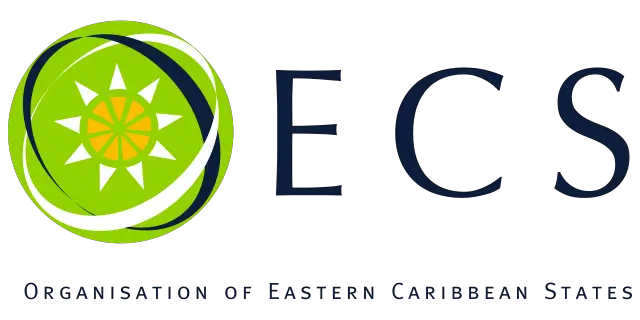- Acronym: OECS
- Type: Intergovernmental Organization
- Membership: 11 member states
- Establishment: Established on 18 June 1981
- Official Language(s): English
- Headquarters: Castries, Saint Lucia
The Organization of Eastern Caribbean States (OECS) is an inter-governmental organization dedicated to economic harmonization and integration, protection of human and legal rights, and the encouragement of good governance among its members.
Organization of Eastern Caribbean States History
The OECS was established on 18 June 1981 in Basseterre, St. Kitts and Nevis, with the signing of the Treaty of Basseterre. It was created to promote unity and solidarity among member states and to assist them in their economic, social, and cultural development.
Organization of Eastern Caribbean States Structure
The structure of the OECS includes:
- The Authority: The supreme body composed of Heads of Government.
- The Council of Ministers: Responsible for policy direction in specific areas like foreign policy, defense, and security.
- The Commission: The administrative body headed by the Director-General.
- Various specialized institutions and committees.
Organization of Eastern Caribbean States Membership
Member States
- Antigua and Barbuda
- Commonwealth of Dominica
- Grenada
- Montserrat
- St. Kitts and Nevis
- St. Lucia
- St. Vincent and the Grenadines
- Anguilla
- British Virgin Islands
- Guadeloupe
- Martinique
Organization of Eastern Caribbean States Objectives
Economic Integration
Promoting economic integration among member states through the creation of a single financial and economic space.
Sustainable Development
Promoting sustainable development by addressing economic vulnerability and environmental challenges.
Free Movement
Facilitating the free movement of people, goods, and services among member states.
Organization of Eastern Caribbean States Funding
The OECS is funded by contributions from its member states, grants from donor agencies, and revenues from service delivery.
Organization of Eastern Caribbean States Projects
Environmental Sustainability
Initiatives focusing on climate change adaptation and mitigation, biodiversity conservation, and sustainable land and water management.
Social and Human Development
Programs aimed at improving healthcare, education, and social welfare systems in member states.
Organization of Eastern Caribbean States Members
The OECS functions as a collective, striving to ensure that through unity, its member states are able to achieve greater economic stability, social equity, and sustainable development. It acts as a central platform for small island states to voice their concerns on the global stage and find common solutions to regional challenges.

